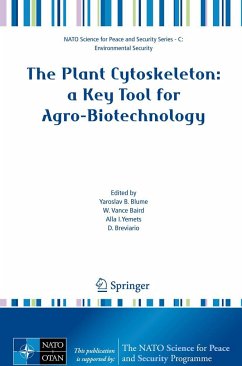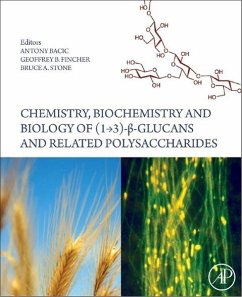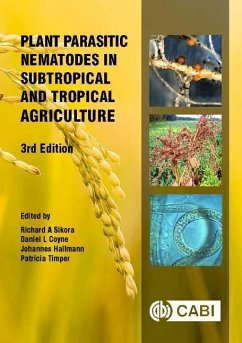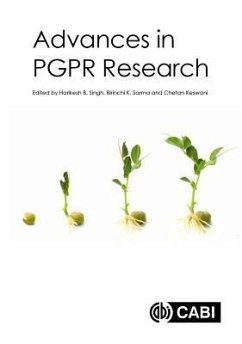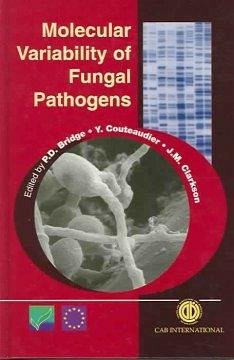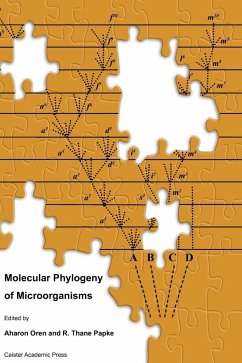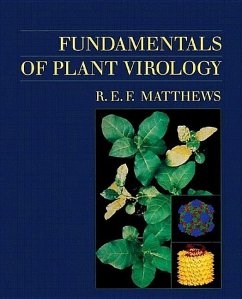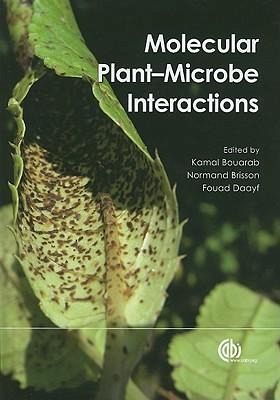
Molecular Plant-Microbe Interactions
Versandkostenfrei!
Versandfertig in über 4 Wochen
206,99 €
inkl. MwSt.

PAYBACK Punkte
103 °P sammeln!
Plants have evolved both general and highly specialized defence mechanisms that function to prevent diseases caused by the majority of microbial pathogens they encounter. Highly specialized defence is governed by specific interactions between pathogen avr (avirulence) genes' loci and alleles of the corresponding plant disease resistance (R) loci. These defences can be very dynamic as microbes from the same species can act differently in their co-evolution with the specific host plant, which in turn has similarly evolved its response to external threats. There have been major developments in th...
Plants have evolved both general and highly specialized defence mechanisms that function to prevent diseases caused by the majority of microbial pathogens they encounter. Highly specialized defence is governed by specific interactions between pathogen avr (avirulence) genes' loci and alleles of the corresponding plant disease resistance (R) loci. These defences can be very dynamic as microbes from the same species can act differently in their co-evolution with the specific host plant, which in turn has similarly evolved its response to external threats. There have been major developments in the field of plant-microbe interactions in recent years, due to newly developed techniques and the availability of genomic information. Molecular Plant-Microbe Interactions explores these new discoveries, focusing primarily on the mechanisms controlling plant disease resistance, the cross-talk among the pathways involved and the strategies used by the pathogens to suppress these defences. By exploring developments in plant defences, pathogen's counter-defences and mutually beneficial plant-microbe interactions, this book will be useful for researchers and students in plant pathology and plant biology-related areas.



